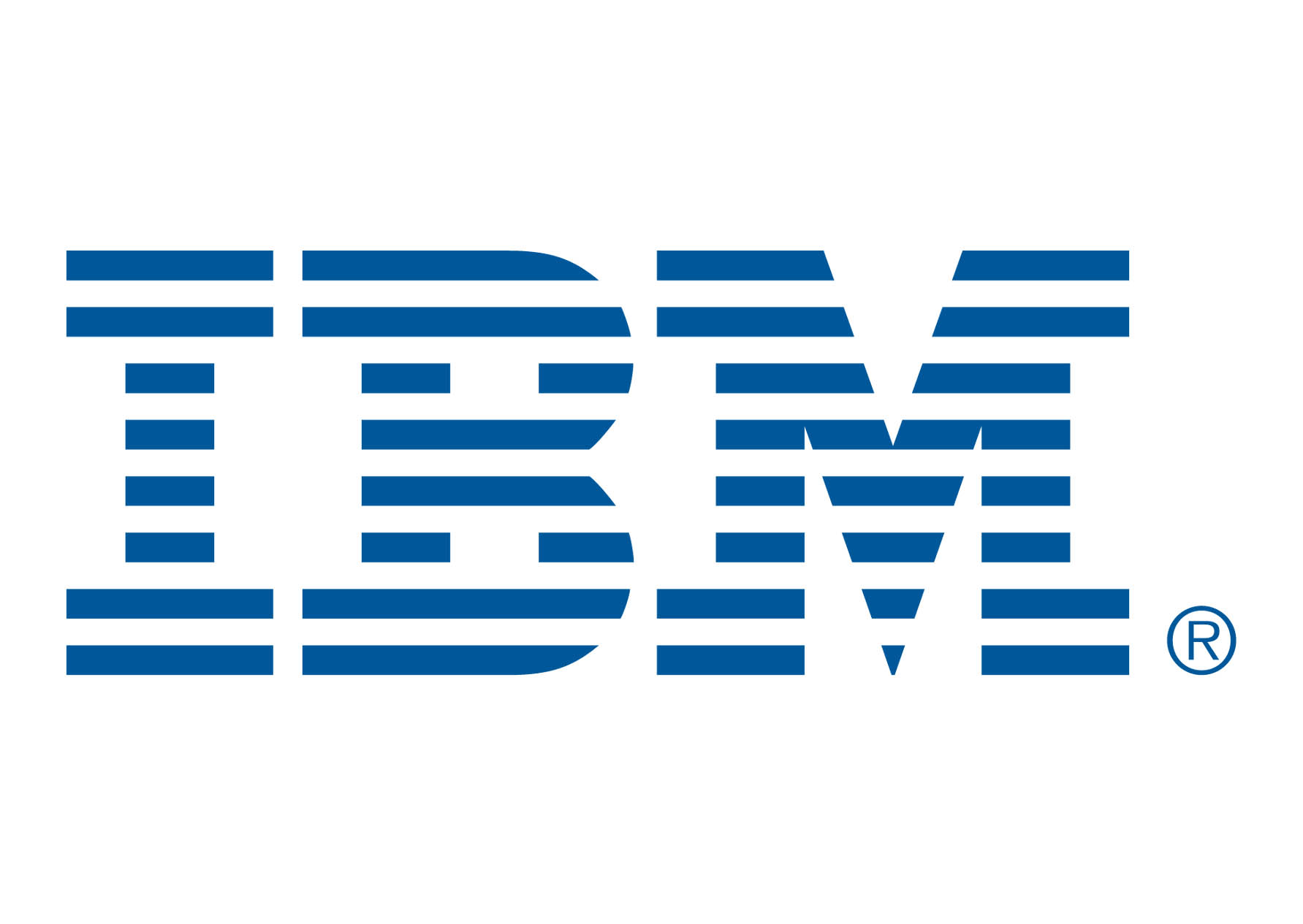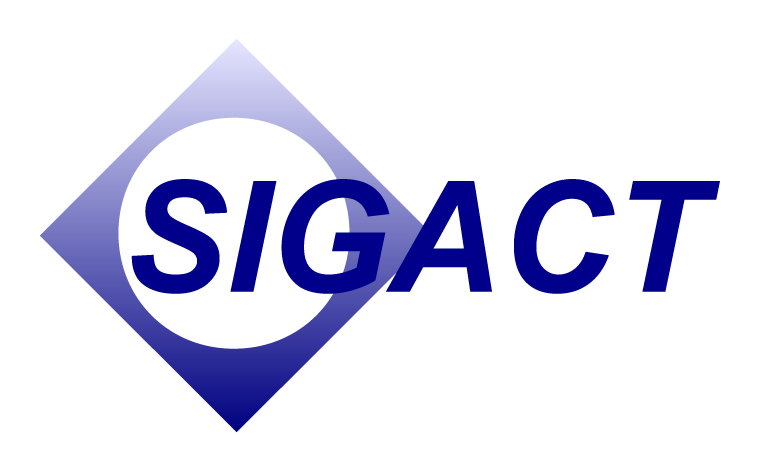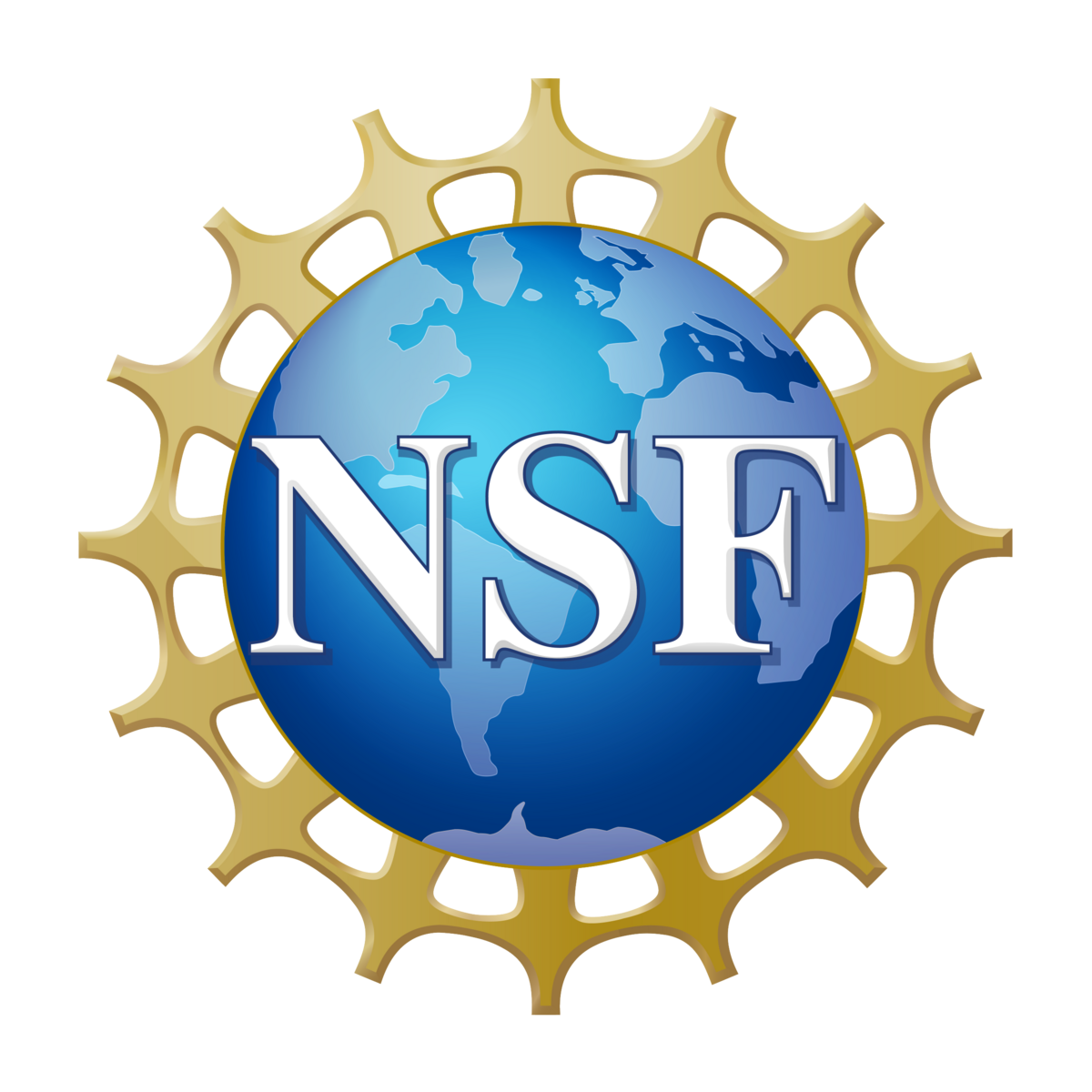
-
The ACM-SIAM Symposium on Discrete Algorithms (SODA25) and its co-located conferences will proceed as scheduled and be held in a fully in-person format. City officials are working with the FBI, NOPD, and Louisiana State Police to investigate and reopen the Bourbon Street area as soon as possible after the recent tragedy; the area is expected to be completely re-opened by the beginning of the conference. The Astor Crowne Plaza is fully operational.
About the Conference
SODA is sponsored by the SIAM Activity Group on Discrete Mathematics and the ACM Special Interest Group on Algorithms and Computation Theory.

This symposium focuses on research topics related to the design and analysis of efficient algorithms and data structures for discrete problems. The scope includes theoretical analysis, as well as experimental validation, of discrete algorithms, and the mathematical problems related to their development or limitations. The scope also includes aspects of combinatorics and discrete mathematics related to discrete algorithms. Papers that raise important algorithmic problems that can benefit from theoretical investigation and analysis, are encouraged.
SODA will be held jointly with:
SIAM Symposium on Algorithm Engineering and Experiments (ALENEX)
SIAM Symposium on Simplicity in Algorithms (SOSA)
Connect to others attending the event on LinkedIn.
Included Themes
Aspects of combinatorics and discrete mathematics, such as:
- Combinatorial structures
- Discrete optimization
- Graph theory
- Random structures
Core topics in discrete algorithms, such as:
- Algorithm analysis
- Data structures
- Experimental algorithmics
- Lower bounds
- Mathematical programming
Algorithmic aspects of other areas of computer science, such as:
- Algorithmic fairness
- Combinatorial scientific computing
- Communication networks and the internet
- Computational geometry and topology
- Computer systems
- Cryptography, security and privacy
- Databases and information retrieval
- Distributed and parallel computing
- Game theory and mechanism design
- Machine learning
- Quantum computing
- Scheduling and resource allocation
Program Committee Co-chairs
Yossi Azar
Tel-Aviv University, Israel
Debmalya Panigrahi
Duke University, U.S.
Program Committee
Amir Abboud
Weizmann Institute of Science, Israel
Alexandr Andoni
Columbia University, U.S.
Soheil Behnezad
Northeastern University, U.S.
Sayan Bhattacharya
University of Warwick, United Kingdom
Arnab Bhattacharyya
National University of Singapore, Singapore
Luca Becchetti
University of Rome, Italy
Petra Berenbrink
University of Hamburg, Germany
Niv Buchbinder
Tel Aviv University, Israel
Harry Buhrman
Quantinuum (UK), QuSoft and University of Amsterdam, The Netherlands
Sergio Cabello
University of Ljubljana, Slovenia
Yang Cai
Yale University, U.S.
Parinya Chalermsook
Aalto University, Finland
Eshan Chattopadhyay
Cornell University, U.S.
Chandra Chekuri
University of Illinois, Urbana-Champaign, U.S.
Keerti Choudhary
IIT Delhi, India
Maria Chudnovsky
Princeton University, U.S.
Ilan Cohen
Bar-Ilan University, Israel
Vincent Cohen-Addad
Google Research, Switzerland
Andrea Coladangelo
University of Washington, Seattle, U.S.
Jose Correa
University of Chile, Chile
Rachel Cummings
Columbia University, U.S.
Jelena Diakonikolas
University of Wisconsin, Madison, U.S.
Shahar Dobzinski
Weizmann Institute of Science, Israel
Anne Driemel
University of Bonn, Germany
Esther Ezra
Bar-Ilan University, Israel
Emily Fox
University of Texas, Dallas, U.S.
Nick Gravin
Shanghai University of Finance and Economics, China
Kasper Green Larsen
Aarhus University, Denmark
Anupam Gupta
New York University, U.S.
Tom Gur
University of Cambridge, United Kingdom
Sungjin Im
University of California, Merced, U.S.
Michael Kapralov
EPFL, Switzerland
Telikepalli Kavitha
Tata Institute of Fundamental Research, India
Dominik Kempa
Stony Brook University, U.S.
Arindam Khan
Indian Institute of Science, India
Samir Khuller
Northwestern University, U.S.
Ravi Kumar
Google Research, U.S.
O-joung Kwon
Hanyang University, South Korea
Bundit Lakhenukit
Shanghai University of Finance and Economics, China
Hung Le
University of Massachusetts, Amherst, U.S.
Jian Li
Tsinghua University, China
Yang Liu
Institute for Advanced Studies, U.S.
William Kuszmaul
Harvard University, U.S.
Shachar Lovett
University of California, San Diego, U.S.
Sepideh Mahabadi
Microsoft Research, U.S.
Nicole Megow
University of Bremen, Germany
Raghu Meka
University of California, Los Angeles, U.S.
Divyarthi Mohan
Tel Aviv University, Israel
Ankur Moitra
Massachusetts Institute of Technology, U.S.
Shay Mozes
Reichman University, Israel
Bento Natura
Columbia University, U.S.
Neil Olver
London School of Economics, United Kingdom
Krzysztof Onak
Boston University, U.S.
Seth Pettie
University of Michigan, Ann Arbor, U.S.
Michał Pilipczuk
University of Warsaw, Poland
Max Probst Gutenberg
ETH Zurich, Switzerland
Rajmohan Rajaraman
Northeastern University, U.S.
Aviad Rubinstein
Aviad Rubinstein,
Barna Saha
University of California, San Diego, U.S.
Laura Sanita
Bocconi University, Italy
Piotr Sankowski
IDEAS NCBR and University of Warsaw, Poland
Aravind Srinivasan
University of Maryland, College Park, U.S.
Vera Traub
University of Bonn, Germany
Madhur Tulsiani
Toyota Technological Institute at Chicago, U.S.
Seeun William Umboh
The University of Melbourne, Australia
Sergei Vassilvitskii
Google Research, U.S.
Magnus Wahlstrom
Royal Holloway, University of London, United Kingdom
Kangning Wang
Stanford University, U.S.
Fan Wei
Duke University, U.S.
Nicole Wein
University of Michigan, Ann Arbor, U.S.
Mary Wootters
Stanford University, U.S.
Steering Committee Chair
Piotr Indyk
Massachusetts Institute of Technology, U.S.
Steering Committee
Julia Chuzhoy
Toyota Technological Institute at Chicago, U.S.
Robert Krauthgamer
The Weizmann Institute of Science, Israel
Sang-il Oum
KAIST, South Korea
Blair Sullivan
The University of Utah, U.S.
Shanghua Teng
University of Southern California, U.S.
Get Involved
Sponsor, exhibit, or check out past content in our video and presentation archive.
Funding Agency Support
SIAM and the Organizing Committee wish to extend their thanks and appreciation to the U.S. National Science Foundation for their support.
About SIAM Conferences
Find all of the information you'll need to prepare for and navigate SIAM conferences, including conference guidelines and how to propose a new conference.

Statement on Equity, Diversity, and Inclusion
As a professional society, SIAM is committed to empowering equitable, diverse, and inclusive participation in all aspects of our community. SIAM will provide a climate that encourages the open expression and exchange of ideas, that is free from all forms of discrimination, harassment, and retaliation, and that is welcoming and comfortable to all members and to those who participate in its activities.
In pursuit of this commitment, SIAM is dedicated to the philosophy of equality of opportunity and treatment for all participants regardless of gender, gender identity or expression, sexual orientation, race, color, national or ethnic origin, religion or religious belief, age, marital status, disabilities, veteran status, and field of expertise.
This philosophy extends from SIAM’s governing structures and bodies to its conferences, publications, awards, and to all its organized activities.
We expect all members of SIAM and participants in SIAM activities to work towards this commitment to equity, diversity, and inclusion.
If you have experienced or observed behavior that is not consistent with the principles expressed above, you are encouraged to report any violation using the SIAM hotline, hosted by the third-party hotline provider, EthicsPoint. The information you provide will be sent to us by EthicsPoint on a totally confidential and anonymous basis if you should choose. You have our guarantee that your comments will be heard. Please submit reports.
Read all of SIAM's conference guidelines and policies, including the Statement on Potentially Offensive Material.
Read more about the ACM-SIAM SODA Code of Conduct.
Contact Us
Questions about SIAM conferences? Get in touch with our staff.
Contact SIAM Conferences StaffStay Up-to-Date with Email Alerts
Sign up for our monthly newsletter and emails about other topics of your choosing.










